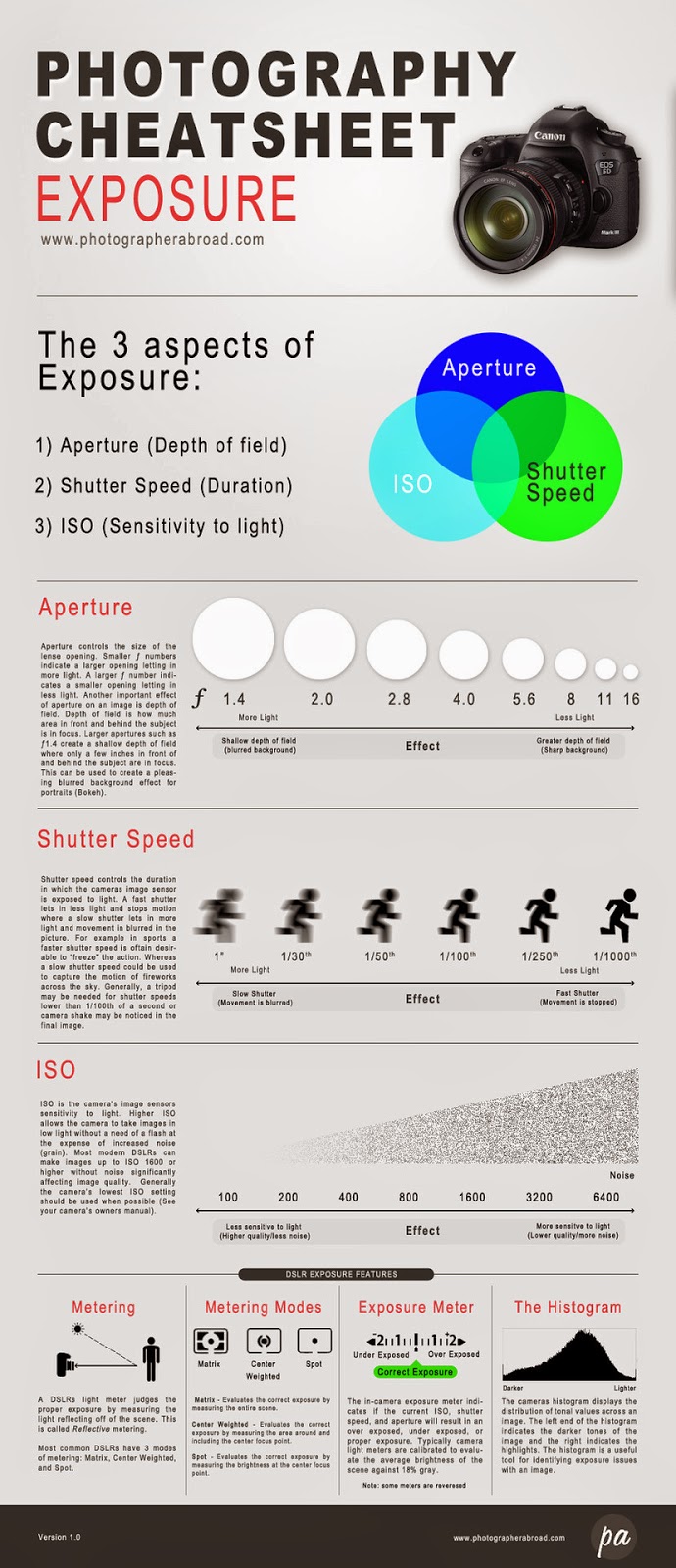Professional Photographers Commonly Forget Vital Principles That Can Prevent Their Growth; Find Important Ideas To Boost Your Abilities And Stay Clear Of Common Pitfalls
Professional Photographers Commonly Forget Vital Principles That Can Prevent Their Growth; Find Important Ideas To Boost Your Abilities And Stay Clear Of Common Pitfalls
Blog Article
Material Create By-Donaldson McFadden
As a new digital photographer, it's very easy to obtain caught up in the attraction of high-end gear and overlook the essentials that truly elevate your craft. You might find yourself frustrated when your images do not show the vision you desired. Common missteps, like ignoring illumination fundamentals or neglecting structure principles, can hold you back greater than you understand. However comprehending these challenges can change your method. Let's discover these blunders and how you can avoid them to improve your digital photography journey.
Ignoring Lights Principles
Overlooking lighting fundamentals is just one of the greatest errors brand-new photographers make. You may think that capturing a wonderful image is all about your cam setups or the most up to date gear, however the fact is, illumination is important. Correct lights can elevate your images from ordinary to sensational, and comprehending it can save you from numerous missed possibilities.
First, focus on all-natural light. The golden hours-- shortly after sunup and prior to sunset-- use soft, lovely light that boosts your topic. Stay clear of harsh midday sun, which can cast uncomplimentary shadows. If you're shooting indoors, position your topic near windows to take advantage of diffused light.
Next off, find out to adjust man-made illumination. Explore different resources, like lamps or external flash. Use reflectors to jump light back onto your topic for a softer result. Do not fail to remember that darkness can add deepness; embrace them as opposed to hesitating.
Lastly, method readjusting your cam setups according to the lights conditions. Understand how shutter speed, aperture, and ISO interact to attain the preferred direct exposure.
Overemphasizing Tools
Lots of new photographers fall under the trap of believing that having the most up to date and greatest gear will instantly boost their photography. While it's alluring to think that a higher-end electronic camera or an elegant lens will certainly raise your work, the fact is that it's not nearly the devices you use.
Your skills, creative thinking, and understanding of digital photography play a much bigger role in producing magnificent pictures. Investing in first-class gear can be beneficial, however it should not be your key focus. Instead, focus on understanding the essentials-- light, make-up, and narration.
read here can take breathtaking photos with a straightforward camera if you understand just how to use it efficiently. Often, it's the professional photographer's vision, not the equipment, that makes the difference.
Moreover, exaggerating equipment can cause disappointment and burnout. You might find yourself regularly chasing after the following item of equipment as opposed to developing your craft.
Neglecting Structure Concepts
When you pick up your electronic camera, it's simple to focus only on the topic, however neglecting structure principles can lead to dull photos. Composition is the foundation of photography; it overviews the audience's eye and creates an aesthetic narrative. If https://squareblogs.net/kiana5299sidney/just-how-to-choose-the-right-electronic-camera-for-your-photography-demands ignore it, your spectacular topic might get shed in a cluttered framework.
Beginning by applying the policy of thirds. Envision your framework separated right into nine equal components by two straight and 2 vertical lines. Setting key elements along these lines or at their intersections for a well balanced and engaging shot.
Additionally, take into consideration leading lines. Use all-natural lines in your scene to attract the customer's eye towards the subject.
Don't ignore framing. Use surrounding elements to develop a "structure within a framework." This method can add deepness and focus to your subject.
Lastly, take notice of unfavorable space. Often, less is extra. Enabling void can boost your prime focus and develop a more effective image.
Conclusion
Finally, by staying away from these usual challenges, you can raise your photography skills considerably. Concentrate on understanding lights, structure, and direct exposure as opposed to obtaining lost in expensive gear. Don't ignore the power of post-processing, either-- it can really transform your pictures. Remember to pick the correct time of day for capturing, as lights plays a vital function in your outcomes. Accept these suggestions, and see your digital photography prosper!
